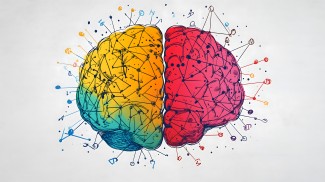
Press Room
Resources dedicated to journalists and media professionals
The PR department responds to all media requests for information on scientific, medical, technological and entrepreneurial activities at Paris Brain Institute.
It disseminates new results from research teams and connects journalists to a relevant expert to comment on a current issue.
Feel free to contact our press officer to help you develop a topic that relies on state-of-the-art knowledge in neuroscience, neurology or psychiatry.
Press contact
Marie Simon
Email
:
presse@icm-institute.org
Our press documents
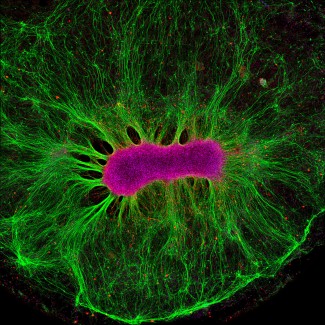
The Brain Fund II, a private equity fund managed by Impact Partners, aims to provide Paris Brain Institute with permanent financial resources to support the projects of research teams.
08.28.2025
Support

Remembering past events in minute detail, revisiting them methodically, and reliving past emotions—this is the peculiarity of people with an exceptional memory of their own lives, known as autobiographical hypermnesia, or hyperthymesia. This...
08.28.2025
Research, science & health
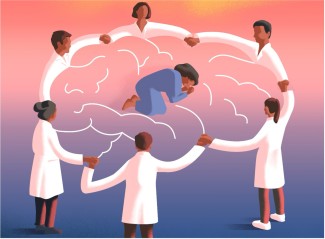
In an article published in Nature Communications, researchers from 37 scientific institutions—including Paris Brain Institute—unveil the DREAM database: an ambitious project designed to centralize, share, and standardize data from research on sleep...
08.14.2025
Research, science & health
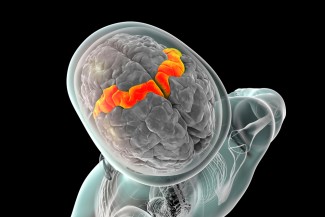
First described 60 years ago, chronic myoclonus following cerebral anoxia is now known as Lance-Adams syndrome. This is a severe disorder whose mechanisms were, until now, poorly understood. Geoffroy Vellieux, Vincent Navarro, and their colleagues at...
06.16.2025
Research, science & health

A Franco-German international research team has identified two new genes that play a role in the onset of intellectual development disorders (IDD), also known as intellectual disabilities. Researchers have successfully developed two new types of test...
06.11.2025
Research, science & health

Thanks to 7T fMRI, researchers from Paris Brain Institute and NeuroSpin, the CEA's neuroimaging centre, are exploring the neural substrate of visual imagery at very high resolution for the first time. Their results, publiés [i] in Cortex, pave the...
06.06.2025
Research, science & health
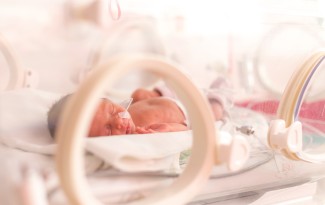
On the occasion of the Summit for Action on Artificial Intelligence (AI), which took place on 10 and 11 February 2025 in Paris, France welcomed representatives of some 100 countries, including many heads of state, business leaders, researchers and...
02.14.2025
Research, science & health
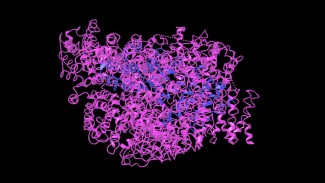
Huntington's disease, a rare hereditary neurological disorder, is associated with an energy deficit that precedes the onset of symptoms and is closely linked to their progression. At Paris Brain Institute, Fanny Mochel and her colleagues are testing...
02.11.2025
Research, science & health

Could exploring the relationships between different brain networks help us understand frontotemporal dementia (FTD)? This neurodegenerative disease, which progresses at varying rates, is often diagnosed late—when clinical signs are already severe. At...
01.07.2025
Research, science & health

Appointed Executive Director of Paris Brain Institute for a five-year term, Professor Stéphanie Debette took up her new position on January 1, 2025. She succeeds Professor Alexis Brice, who has served as Executive Director since 2012.
01.07.2025
Institutional
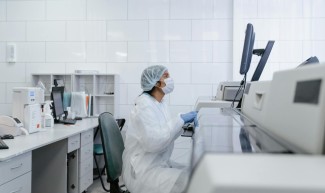
Paris, December 11, 2024. Identifying and supporting innovative neuroscience projects up to the creation of viable startups: this is the mission of iPEPS, Paris Brain Institute's startup studio. Through the NeurAL program, launched in 2023 and...
01.02.2025
Research applications
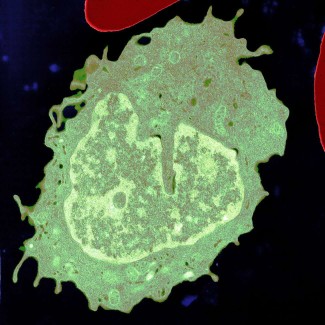
Certain patients with multiple sclerosis (MS) can partially regenerate myelin—the protective sheath that surrounds nerve fibers—which is damaged during the evolution of the disease. In studying how immune cells influence this remyelination...
12.19.2024
Research, science & health
Our useful documents
All
No results found
News that might interest you



